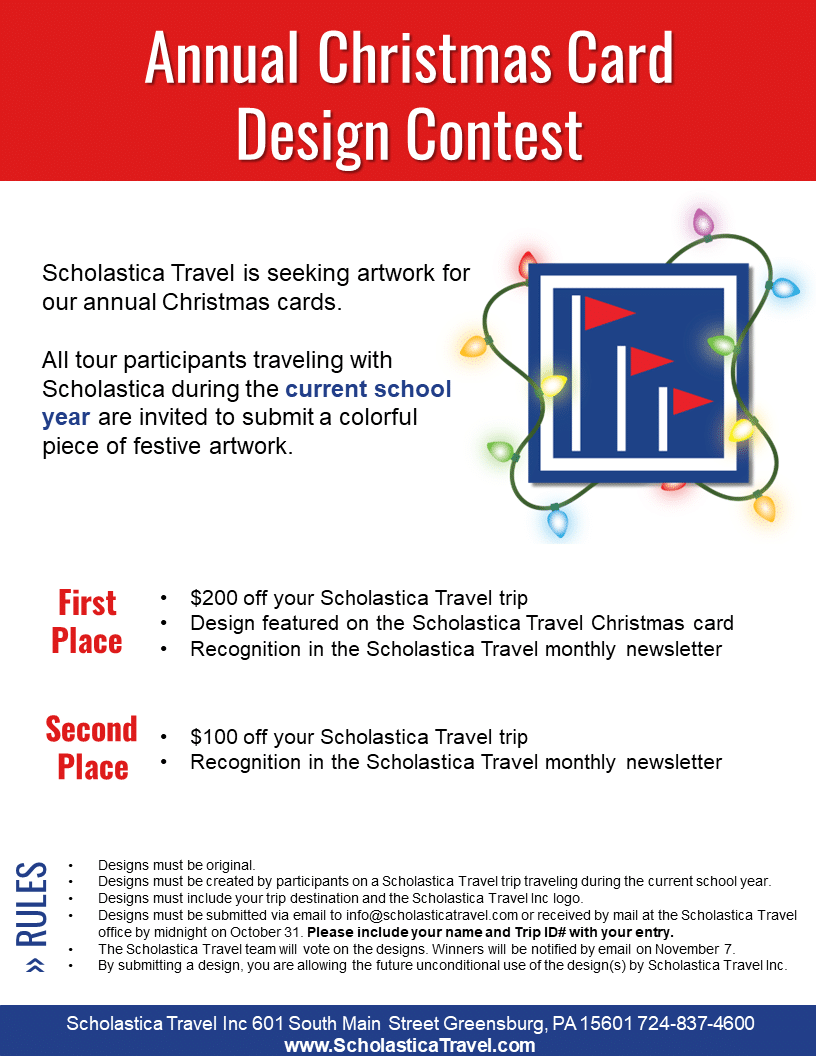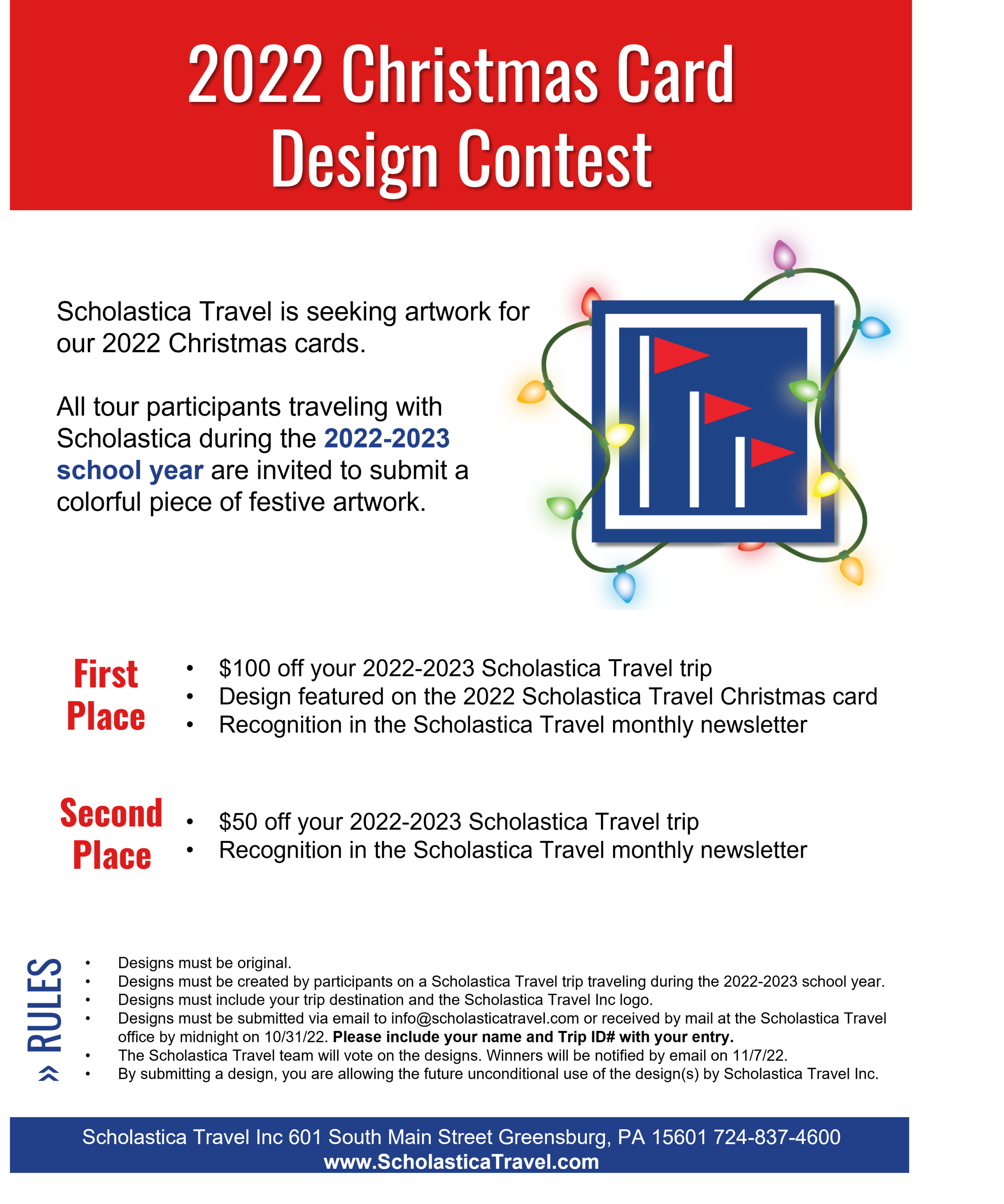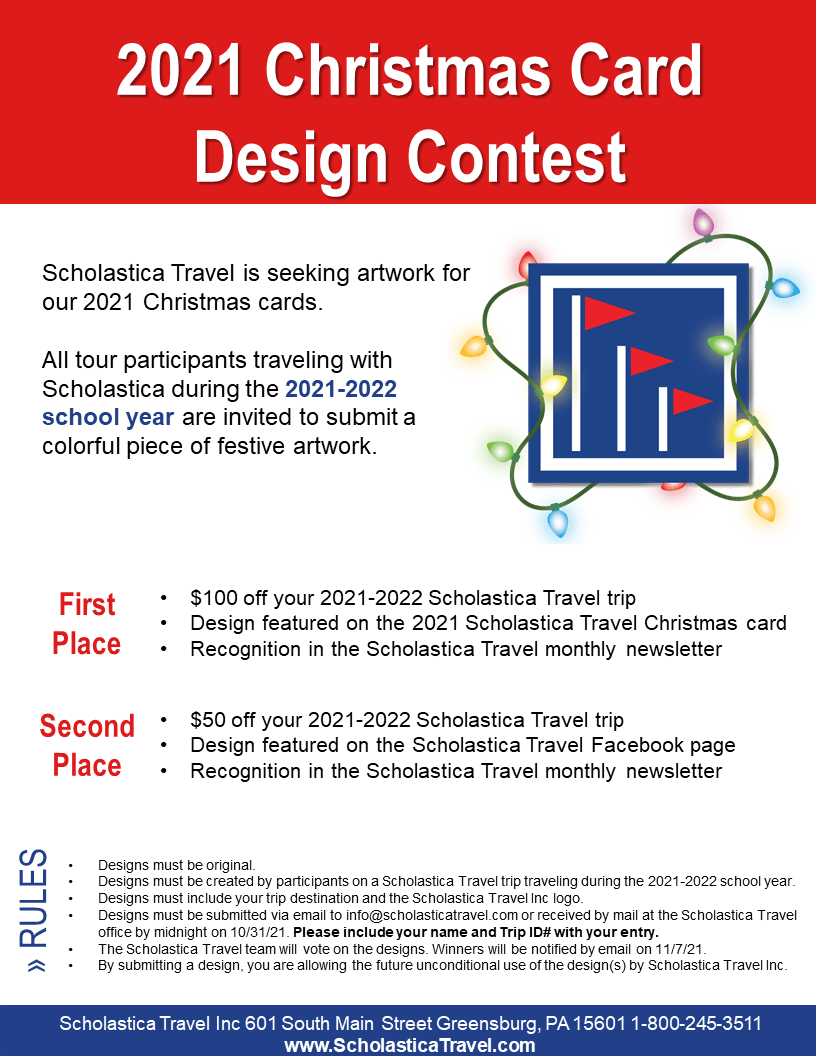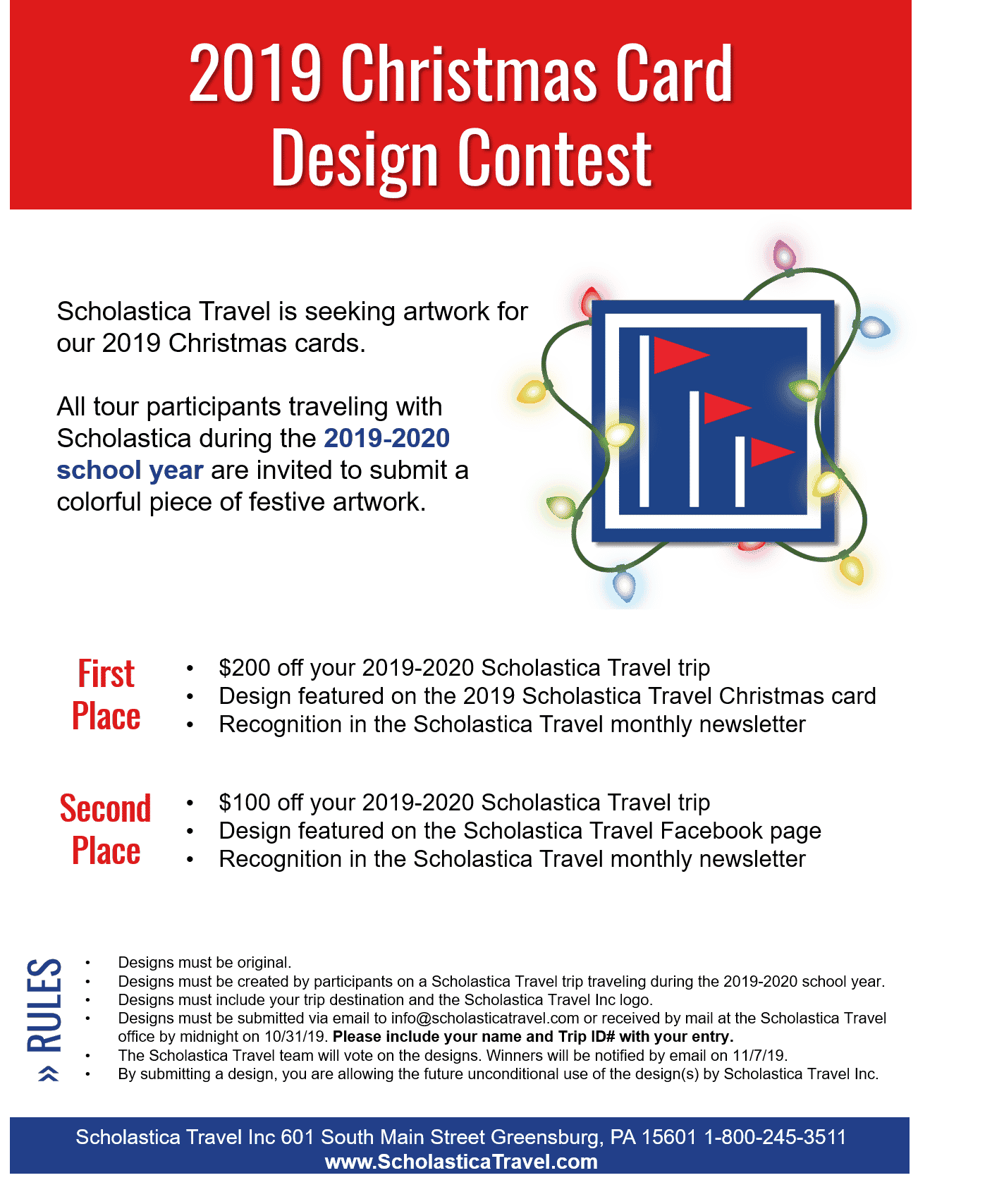“The Importance of Souvenirs” by JoAnne Boyle, President of Seton Hill University. This article first appeared in the Seton Hill University Forward Fall/Winter 2012 Edition. Forward is published by Seton Hill University, Greensburg, PA 15601. Download [download label=”The Importance of Souvenirs”]https://www.scholasticatravel.com//wp-content/uploads/2013/01/Seton-Hill-Forward-Fall-2012_Importance-of-Souvenirs.pdf[/download] as a .pdf from the Seton Hill Forward. The article is beautifully designed with images from study abroad experiences.
In this article, JoAnne Boyle urges the freshman class of Seton Hill University to collect souvenirs that promote lifelong learning; ones kept in memory and not on a shelf. Her message, however, is applicable at any stage of life and especially to travelers. Make the most of opportunities and experiences by learning constantly, wherever you are. Stretch your mind and grow in understanding of yourself, your history, and your world. We hope her words resonate with you as well. Enjoy.
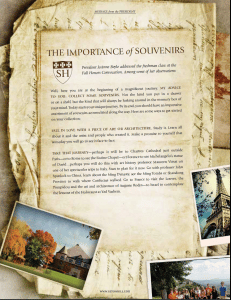
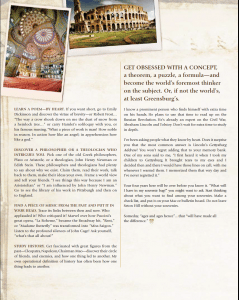
President JoAnne Boyle addressed the freshman class at the Fall Honors Convocation. Among some of her observations:
Well, here you are at the beginning of a magnificent journey. MY ADVICE TO YOU: COLLECT SOME SOUVENIRS. Not the kind you put in a drawer or on a shelf, but the kind that will always be lurking around in the memory box of your mind. Today starts your unique journey. By its end, you should have an impressive assortment of souvenirs accumulated along the way. Here are some ways to get started on your collection:
FALL IN LOVE WITH A PIECE OF ART OR ARCHITECTURE. Study it. Learn all about it and the artist and people who created it. Make a promise to yourself that someday you will go to see it face to face.
TAKE THAT JOURNEY—perhaps it will be to Chartres Cathedral just outside Paris—or to Rome to see the Sistine Chapel—or Florence to see Michelangelo’s statue of David…perhaps you will do this with art history professor Maureen Vissat on one of her spectacular trips to Italy. Start to plan for it now. Go with professor John Spurlock to China, learn about the Ming Dynasty, see the Ming Tombs or Shandong Province to walk where Confucius walked. Go to France to visit the Louvre, the Pompidou and the art and architecture of Auguste Rodin—to Israel to contemplate the lessons of the Holocaust at Yad Vashem.
LEARN A POEM—BY HEART. If you want short, go to Emily Dickinson and discover the virtue of brevity—or Robert Frost… “The way a crow shook down on me the dust of snow from a hemlock tree…” or carry Hamlet’s soliloquy with you, or his famous musing, “What a piece of work is man! How noble in reason. In action how like an angel; in apprehension how like a god.”
DISCOVER A PHILOSOPHER OR A THEOLOGIAN WHO INTRIGUES YOU. Pick one of the old Greek philosophers, Plato or Aristotle, or a theologian, John Henry Newman or Edith Stein. These philosophers and theologians had plenty to say about why we exist. Claim them, read their work, talk back to them, make their ideas your own. Frame a world view and tell your friends. “I see things this way because I am an Aristotelian” or “I am influenced by John Henry Newman.” Go to see the library of his work in Pittsburgh and then on to England.
FIND A PIECE OF MUSIC FROM THE PAST AND PUT IT IN YOUR HEAD. Trace its links between then and now. Who applauded it? Who critiqued it? Marvel over how Puccini’s great opera, “La Boheme,” became the Broadway hit, “Rent,” or “Madame Butterfly” was transformed into “Miss Saigon.” Listen to the profound silences of John Cage! Ask yourself, “what’s that all about?”
STUDY HISTORY. Get fascinated with great figures from the past—Cleopatra, Napoleon, Chairman Mao—discover their circle of friends, and enemies, and how one thing led to another. My own operational definition of history has often been how one thing leads to another.
GET OBSESSED WITH A CONCEPT,a theorem, a puzzle, a formula—and become the world’s foremost thinker on the subject. Or, if not the world’s, at least Greensburg’s.I know a prominent person who finds himself with extra time on his hands. He plans to use that time to read up on the Russian Revolution. He’s already an expert on the Civil War, Abraham Lincoln and Tolstoy. Don’t wait for extra time to study in depth.
[pullquote style=”left” quote=”dark”]I’ve been asking people what they know by heart. Does it surprise you that the most common answer is Lincoln’s Gettysburg Address? You won’t regret adding that to your memory bank. [/pullquote] One of my sons said to me, “I first heard it when I took my children to Gettysburg. It brought tears to my eyes and I decided then and there I would have those lines on call, with me whenever I wanted them. I memorized them that very day and I’ve never regretted it.” Your four years here will be over before you know it. “What will I have in my souvenir bag?” you might want to ask. Start thinking about what you want to find among your souvenirs. Make a check list, and put it on your Mac or bulletin board. Do not leave Seton Hill without your souvenirs.
Someday, “ages and ages hence”…that “will have made all the difference.”

